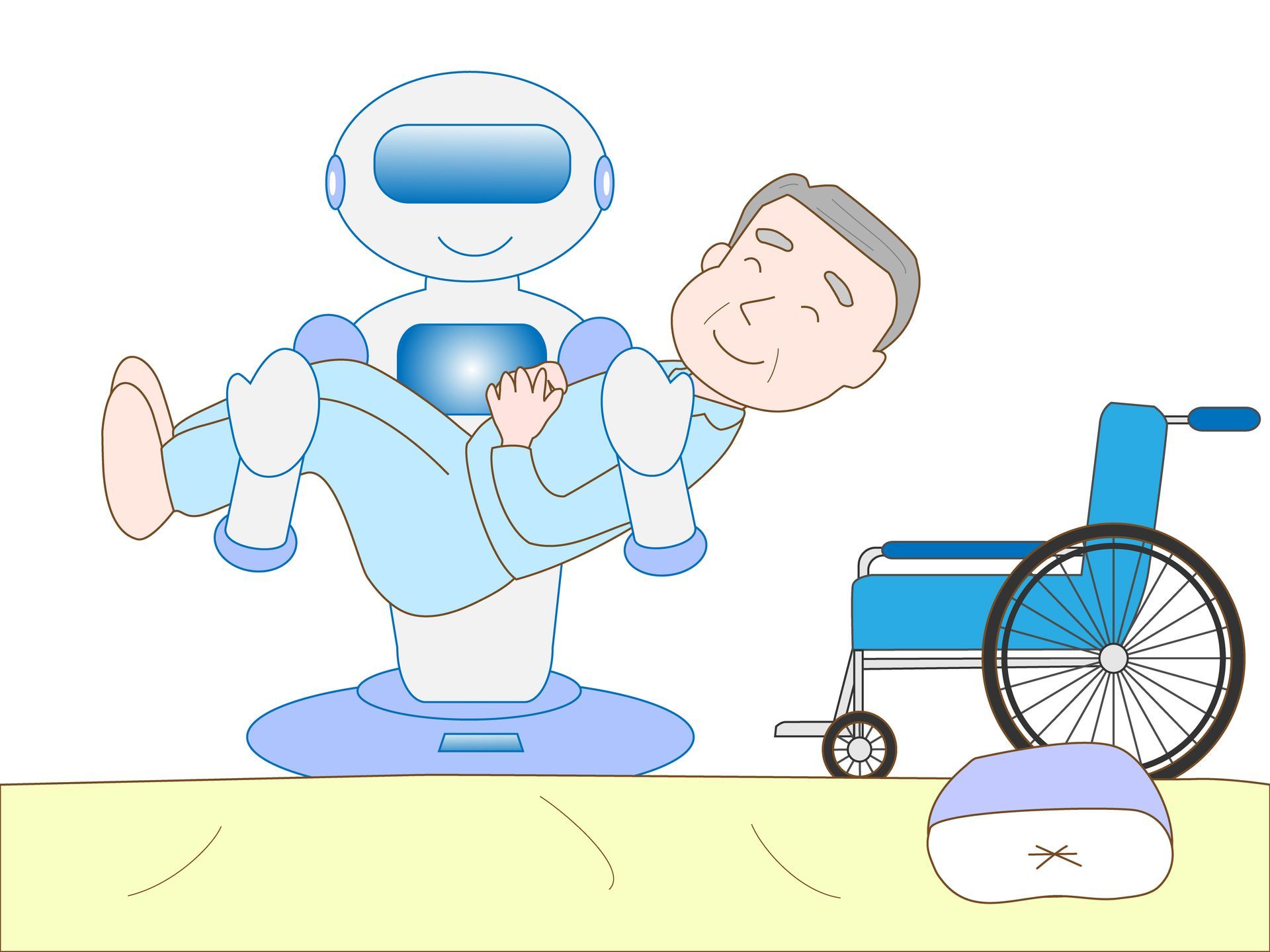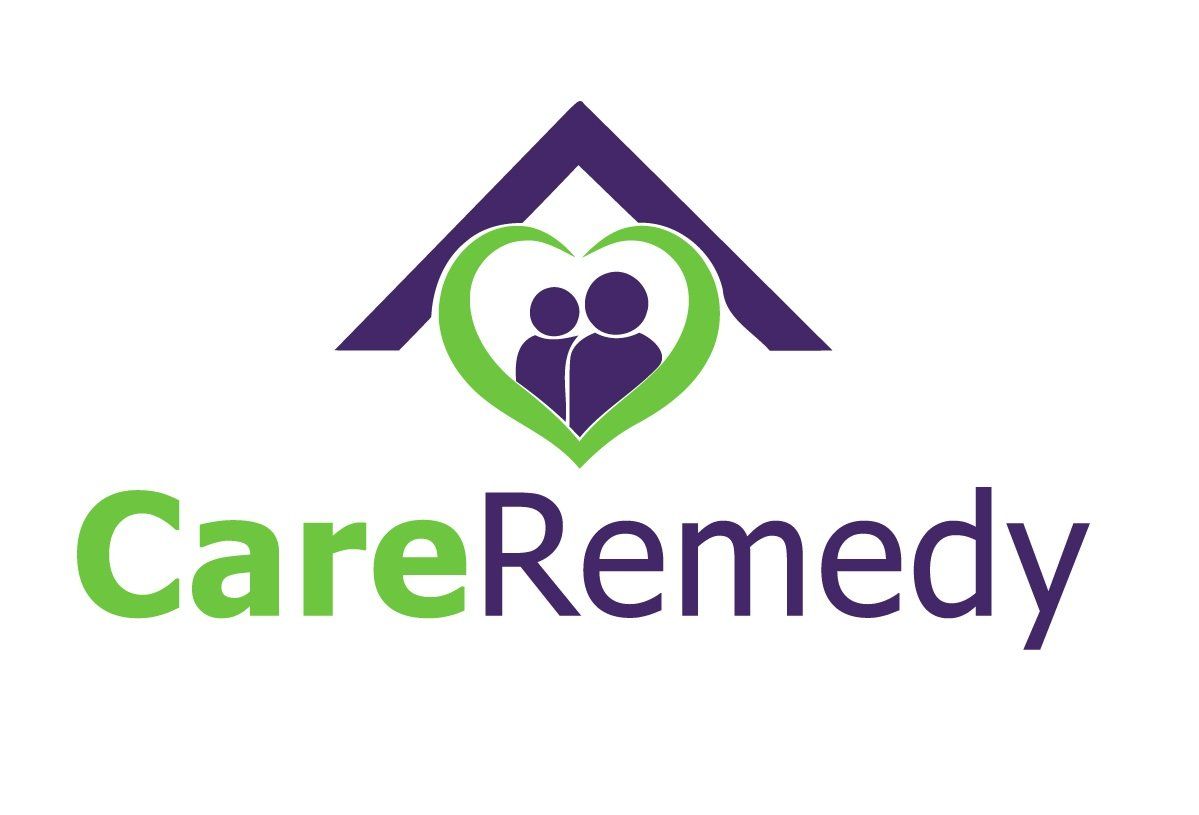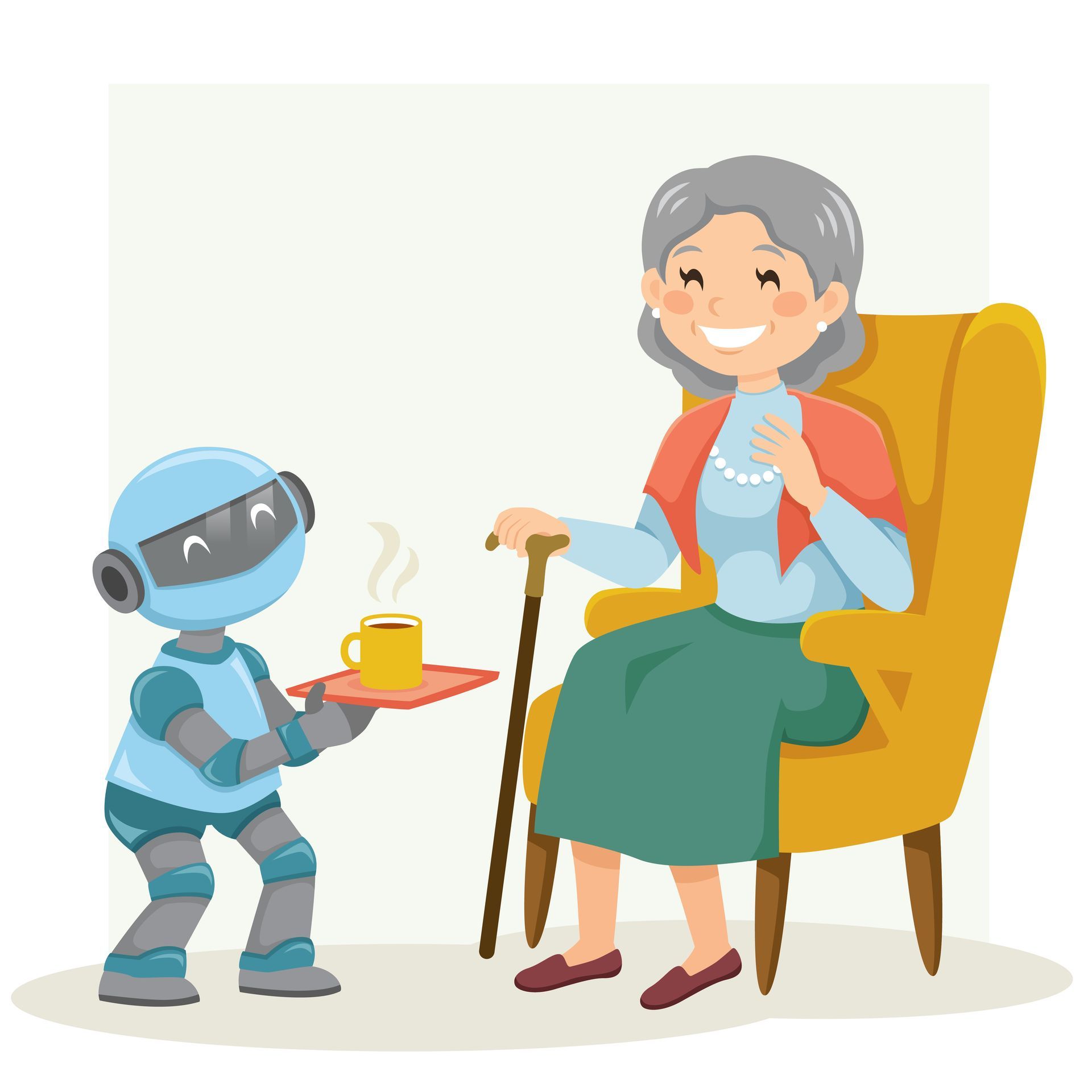781-9578076
978-735-8978
How Artificial intelligence (AI) will affect Home Health care.
Artificial intelligence (AI) has the potential to greatly impact the field of home health care.
Here are a few ways that AI may affect this industry:
- Automating tasks: AI-enabled systems and robots can help automate various tasks such as monitoring patient vital signs, reminding patients to take their medication, and even helping patients with mobility and physical therapy exercises.
- Improving care coordination: AI-powered systems can assist with care coordination, by gathering and analyzing data from various sources, such as electronic health records, wearable devices and personal devices, to provide a more comprehensive view of a patient's health status. This can help care providers to make more informed decisions and provide more targeted care.
- Enhancing patient engagement: AI-powered chatbots and virtual assistants can help with patient engagement and education, by providing personalized information, answering questions, and even providing emotional support.
- Predictive analytics: AI-powered systems can analyze large amounts of data, to identify patterns and predict future health outcomes. This can help care providers to identify and address potential health problems before they occur, improving the overall quality of care.
- Cost-effective: AI-powered systems can help to reduce costs by automating tasks, reducing the need for human labor, and by allowing for more targeted and efficient care.
However, it is important to note that technology is still in the early stages and a more widespread adoption of AI in home healthcare will be dependent on further advancements in technology, as well as on.

There are some concerns that must be addressed for the implementation of AI in non-medical home health care, such as
- Data privacy and security,
- Regulatory compliance, and the potential for unintended consequences.
- It's also important to note that AI is not a replacement for human interaction, it's meant to augment and assist human care. AI-powered systems need to be designed and implemented in a way that complements the skills and expertise of human caregivers, rather than replacing them.
- Furthermore, some may have concerns about how AI will affect employment opportunities within the home healthcare industry.
Another important aspect to consider is that while AI has the potential to improve the efficiency and effectiveness of care, it also raises ethical concerns. For example, decisions made by AI-powered systems may be based on algorithms that are not transparent or explainable, which could lead to bias and discrimination.
Additionally, there may be concerns about accountability, particularly in cases where errors or negative outcomes occur as a result of AI-powered systems.
To fully realize the potential of AI in non-medical home health care, it's important for stakeholders to come together and collaborate in the development and implementation of these systems. This includes engaging patients and caregivers, as well as healthcare providers, policymakers, and technology experts.
One of the concerns about the implementation of AI in non-medical home health care and in other industries is that it could lead to job displacement. As AI-powered systems become more advanced, they may be able to automate tasks that were previously done by humans, potentially leading to a reduction in the need for human labor.
This is a concern not just for home healthcare, but for many other industries as well, as AI and automation are increasingly being used to improve efficiency and reduce costs in a wide range of fields. However, it's important to note that while AI has the potential to automate certain tasks, it's not necessarily going to replace jobs entirely. It's more likely that it will change the nature of many jobs and create new ones, rather than completely eliminate them.
It's also important to consider that while AI has the potential to automate certain tasks, it may also create new opportunities for human caregivers by allowing them to focus on more complex tasks that require human interaction and emotional intelligence. AI can also free up time for caregivers, allowing them to provide more targeted and personalized care for patients.
Additionally, AI-powered systems will require human oversight and maintenance, which will create new job opportunities in fields such as data science, AI development, and system design and integration.
While the implementation of AI in non-medical home health care may lead to some job displacement, it's important to consider the potential benefits and opportunities it may bring. It's important to plan for job transition and retraining, and for society to adapt to the changes. It is crucial for organizations to consider the ethical implications of AI and implement it responsibly to ensure that it does not lead to greater inequality.
In conclusion, AI has the potential to significantly improve the quality and efficiency of non-medical home health care, but it's important that it be implemented in a way that is ethical, responsible, and sustainable with proper planning and execution.
Home Health Care
CONTACT US
Office: 781-957-8076
info@careremedyinc.com
Fax Number : (978) 409-3374
100 TradeCenter, Suite G-700
Woburn, MA 01801
USEFUL LINKS
STAY INFORMED
Subcribtion
We will get back to you as soon as possible
Please try again later
All Rights Reserved | Care Remedy Inc



